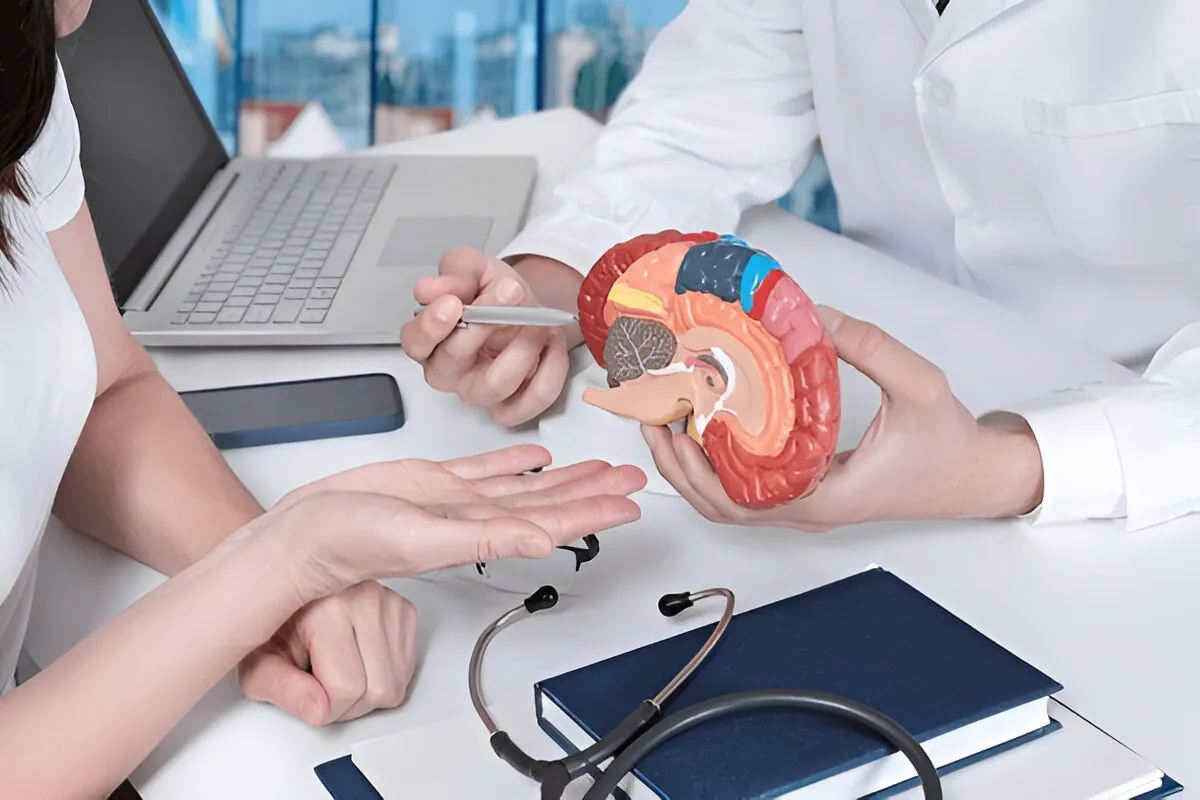Key Takeaways
- Gain insights into how mental health and neurology are intertwined.
- Explore the importance of understanding the brain’s complexity.
- Discover how mental health disorders are linked to neurological conditions.
Brain Basics: Understanding the Core Functions
The human brain, a complex organ with over 86 billion neurons, manages everything from heartbeat to thoughts. Each neuron has a unique role, processing information, reacting to stimuli, and producing consciousness. Understanding these core functions is vital, especially when considering conditions like concussions. In cases of brain injury, such as those requiring concussion treatment Midland Park, the brain’s ability to function can be significantly impacted, revealing how crucial neuronal communication is.
Interestingly, each brain region has specialized roles, such as the frontal lobe for decision-making and problem-solving and the parietal lobe for sensory information processing. Disruptions in these areas can lead to mental health challenges, highlighting the need for advanced medical and technological interventions.
The Mental Health Connection
Mental health disorders are linked to brain function and neurotransmitters like serotonin and dopamine, which play a crucial role in mood and emotional states. Understanding these neurotransmitters’ functions can lead to more effective medication designs and a better understanding of mental health. By viewing mental health through a neurological lens, therapeutic strategies can focus on biological causes, addressing the mind and the physical brain. Early diagnosis and preemptive action can help prevent long-term mental illnesses by recognizing early signs and symptoms.
Neurological Conditions that Affect Mental Health
Neurological disorders significantly impact mental health, with conditions like epilepsy, Parkinson’s disease, and multiple sclerosis causing psychiatric symptoms like anxiety and depression. These disorders highlight the duality of neurological disorders and the importance of addressing both dimensions in treatment plans. Comprehensive treatment plans for these conditions, which can vary from individual to individual, are crucial. Understanding these connections can significantly impact the management and outcomes of neurological disorders.
Innovative Research in Brain Health
Neuroplasticity, which enables the brain to rearrange itself by creating new neural connections, is one of the latest insights into brain health provided by recent brain research. It suggests that therapies that stimulate neuroplasticity, such as cognitive rehabilitation and physical exercises, can improve recovery from brain injuries. Advances in neuroimaging technologies, such as functional MRI and PET scans, have allowed for real-time visualization of brain activity, potentially transforming treatment protocols for neurological and psychiatric disorders.
Also Read: Deep Tissue Massage: Advantages for Mental and Physical Health
Holistic Approaches to Brain Health
Brain health requires holistic approaches like diet, exercise, and mindfulness. Regular physical activity boosts neurogenesis and cognitive abilities, while exercise stimulates brain cell production. Nutritional choices, rich in omega-3 fatty acids, antioxidants, and vitamins, are linked to improved brain function and reduced cognitive decline risk. Consuming fatty fish, berries, and leafy greens, along with mindfulness practices like meditation or yoga, promotes mental clarity and reduces stress, enhancing overall well-being.
Future Insights: Where is Brain Science Headed?
Brain science is poised for significant advancements as the boundaries between neuroscience and psychiatry. Artificial intelligence-powered predictive analytics could lead to personalized medicine, improving treatment effectiveness. Understanding brain function and its connection to mental health is crucial for developing effective treatments. Integrating knowledge from both fields can lead to holistic mental health approaches, improving patient care outcomes. Continued investment in research and technology could lead to innovative therapies.

